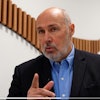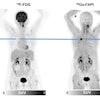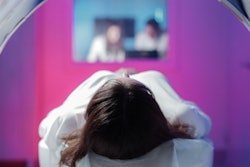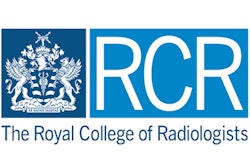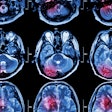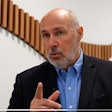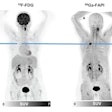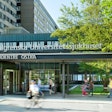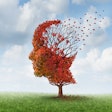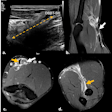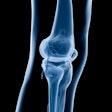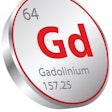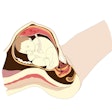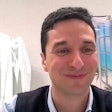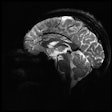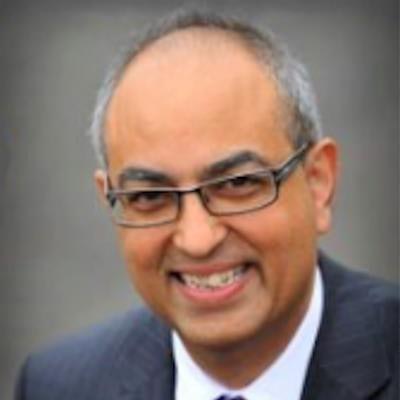
Dr. Raman Uberoi is the new Medical Director, Professional Practice (MDPP) for Clinical Radiology at the U.K. Royal College of Radiologists (RCR). In this interview article, he speaks about the future of radiology, what leadership means to him, and how he sees the RCR developing over the coming years.
Uberoi, who is consultant interventional radiologist and honorary senior lecturer at the John Radcliffe Hospital in Oxford, where he served as Clinical Lead and Director of Radiology from 2003 to 2012, thinks the following are the four main challenges facing radiology:
- Visibility and making patients and decision-makers, particularly politicians, understand the importance of having strong radiology departments
- Workforce remains a key dilemma for delivering excellent care
- Having the systems and structures to support radiologists in delivering care, which leads into having the right training and governance frameworks, which is particularly pertinent to interventional radiology (IR)
- Infrastructure, particularly equipment replacement programmes, information technology, and IT networking
"The list sadly can go on, but we need to focus on the first few and the rest will then follow on," he added. "Many of the challenges sadly have remained unchanged over the last few decades."
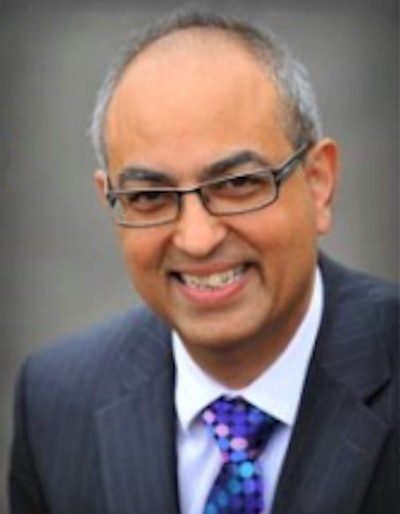 Dr. Raman Uberoi. Photo courtesy of RCR.
Dr. Raman Uberoi. Photo courtesy of RCR.All doctors are to some degree involved in leadership roles -- formal and informal, Uberoi continued.
"Ensuring we do things well for the betterment of care to our patients is a responsibility for all of us involved in clinical care of patients. So regardless of if we are supervising imaging lists, interventional lists, or junior colleagues we need to ensure -- as individuals and collectively in teams -- that we are doing things as well as we can. Where we can't do this, we need to speak up and actively try to change things, which is not always easy or popular but is vitally important," he said.
Career highlights
Uberoi regards the most exciting project he's been involved in to be the establishment of the European Board of Interventional Radiology examination with colleagues from around the world.
"It is the only internationally recognized examination in the world for IR," he explained. "With the help of educationalists, we have transformed this examination in the last 11 years from a very basic examination to a highly sophisticated, fully digital examination which can be taken anywhere in the world. By bringing the examination into the 21st Century, in particular, replacing the oral component of the examination, the metrics of the examination have improved massively."
He says he is predominantly an interventionist working alongside and supporting many other specialties, such as vascular, intensive therapy unit anesthetics, trauma, gastrointestinal surgery, gastroenterology, and so on.
"I do a mix of imaging and intervention which gives me a great perspective on the important role of radiology within the trust," Uberoi noted. "After 20 years, I am the longest-serving member of the technologies appraisal group and have worked on other committees such as charitable funds and the Advisory Committee on Clinical Excellence Awards."
After 37 years working in the National Health Service (NHS), he still enjoys his clinical work, particularly in IR.
"I also enjoy my many national and international roles which I do in my spare time, but this gives me the opportunity to help shape the training and working practices of current and future generations of radiologists," he said. "As a senior radiologist, I believe this is really important. It can be a lot of hard work, but also it can often be great fun working with really good colleagues. There is ultimately the satisfaction of hopefully having made a difference."
It is important that radiologists at all levels help shape the future of radiology from within, Uberoi continues.
"Radiology has a huge impact on patient care and just about every specialty within the NHS interacts and benefits from the expertise of hardworking radiologists throughout the UK, but the work is often not recognized with trusts or the wider NHS. I have always strived to improve radiology practice and develop our specialty to do the best for our patients through better working practices and through developing quality and standard guidelines," he said.
RCR's future role
The RCR needs to remain at the forefront of training and professional development, which will mean changes to its structures, how we train the future generations and governance frameworks, according to Uberoi.
"Ultimately, the goal is to give our patients the best care we can. Getting our Fellows much more engaged in decision-making will be key and with their support, we can achieve our objectives. Some of the changes are already taking shape. The Officers being clear about objectives and delivering a strategy with the office and secretariat supporting and helping deliver the objectives of the RCR will facilitate this work," he pointed out.
Having strong, clinically focused specialties will help strengthen the RCR. "We will be much more engaged in marketing and working with patients, politicians, and other key stakeholders. The RCR will develop a much more outward-looking communications strategy to achieve this."
Away from radiology, he thinks family life is important.
"Even though my children are adults it is great to meet up for dinner and a chat. Reading, going out to the theatre, films, and meeting up with friends is a great way to relax," he said. "Sadly, going out has not been possible over the last couple of years, but hopefully we will come out of the pandemic in one piece and return to some normality soon!"
Editor's note: This is an edited version of a Q&A interview published on 1 September 2021 by the RCR. To read the full article, go to the RCR website.


